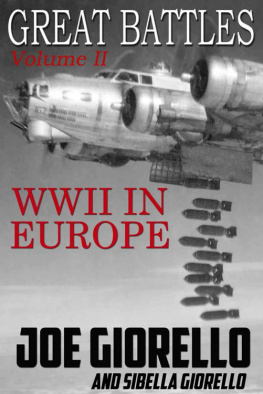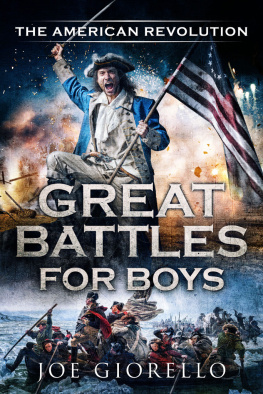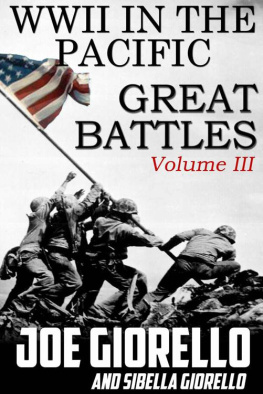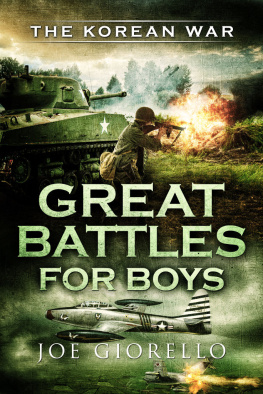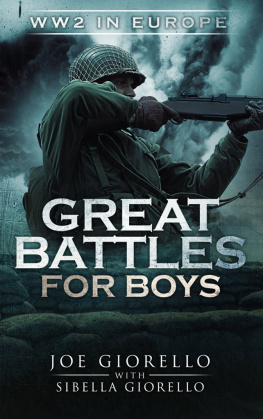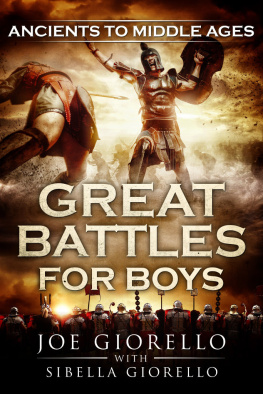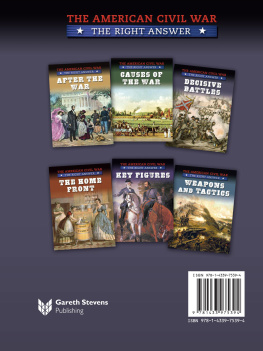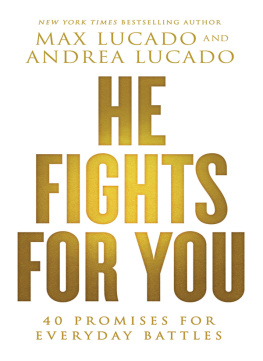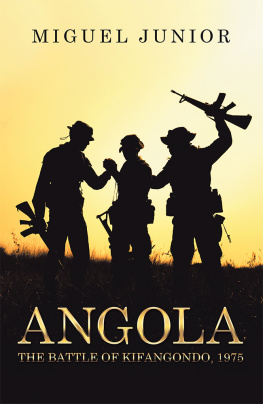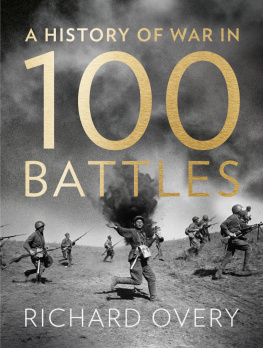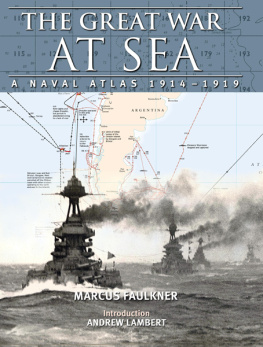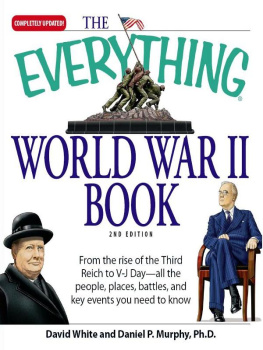GREAT BATTLES
Volume II
World War II in Europe
by
Joe Giorello
DEDICATION
Dedicated to my sons Daniel and Nico.
And every soldier missing in action.
NOTE FROM THE AUTHOR
In the battle for freedom, great men make great sacrifices.
Why?
Because freedom isn't free. In fact, as the battles in this book demonstrate, freedom demands a high price. Many men pay for it with their lives.
We can learn so much from these struggles and these warriors. They teach us about courage and determination and the will to fight.
This book will help you find out the historical truth about these battles. I hope you'll also follow the links at the end of each chapter and discover even more good books, Internet sites, and movies to watch with your whole family. Only remember: the movies were mostly made in Hollywood, so they're not the literal truth. But after reading this book, you'll probably notice the difference between fact and fiction.
I always enjoy hearing from readers. If you have any questions, or want to suggest another battle for a future book, please contact me on the Great Battles page at Facebook: https://www.facebook.com/greatbattles.
Enjoy your journey.
And remember: Freedom isn't free.
--Joe Giorello
PRELUDE TO WAR

Adolf Hitler, 1937.
Wars and rumor of wars.
"Wars and rumors of wars."
People have been saying that phrase for thousands of years. You've probably heard it yourself.
But why have those words lasted so long?
Because theyre the truth. Wars don't just fall from the sky. Major conflicts erupt from a sequence of events, and people talk about those events long before any war breaks out. That talk creates "rumors of war."
The events leading to World War II actually started in World War I. That war was called "The Great War," not because it was so good but because so many men lost their lives. In just four years, from 1914-1918, about 20 million people were killed or wounded.
However, even with all that bloodshed, the circumstances that started WWI werent resolved. Some things were complicated, but everyone could agree on these facts: Germany started WWI; the war nearly wrecked Europe; and four years later, Germany lost WWI.
But because the war caused so much pain and suffering, France wanted to punish Germany for starting WWI. So France added some harsh terms to the peace agreement, called The Treaty of Versailles. Heres one example: the treaty ordered Germany to pay a huge amount of money to the winning countries, including France. By itself, that demand was not unusual. Its called reparations, when one side makes the other side pay for some debts.
But after losing WWI, Germany was dead-broke. The German people were starving. They had no jobs. Their money was almost worthless.
Some countries, such as the United States and England, thought France should lighten up on Germany. After all, how could Germany come up with this extra money for reparations when it couldn't even feed its own people? Also, the American and British leaders worried that the peace treaty's harsh terms would only create more bitterness among the German people. They might resent the winning countries, and that resentment might plant seeds for another war.
But France refused to listen.
So the Treaty of Versailles was ratified, or made official. And Germany was forced to obey all of the treatys demands.
Sadly, just as predicted, the treaty made things worse. Germany never climbed out of its economic Depression. The German people grew angry about the treaty's terms. And they hated France even more than before WWI. But they also hated the other winning countries, too, such as Great Britain and the United States.
All through the 1920s and 1930s, bitterness grew among the German people.
And into that terrible bitterness walked a madman named Adolf Hitler.

Massive German crowds gather to cheer Hitler, who is standing in the window, after being inaugurated as Germanys chancellor on January 30, 1933.
Hitler served in the Germany Army during World War I. He was awarded several medals for bravery. After the Great War, Hitler rose through the German government, gathering power with former soldiers like himself who hated the Treaty of Versailles.
But not everyone was Hitlers fan. Some German politicians threw him in jail.
While he was locked up, Hitler wasted no time. He wrote his autobiography, called Mein Kampf (pronounced "mine kahm-ff"). In English, the tittle translates to "My Struggle."
Mein Kampf told the German people they were special, because they belonged to something called the Aryan race. Aryans had light-colored skin and blonde hair and blue eyes. Hitler said these Aryans were superior to other races and had a "historic destiny" to rule the world. But, Hitler said, Germany first needed to get rid of its less-worthy people, like the Jews. Non-Aryans were keeping Germany from becoming a powerful nation once again. Cleanse Germany of them, and there would be no more hunger. No more looking for jobs. No more submitting to inferior countries like France.
Hitler's message made the German people feel hopeful. They were tired of being poor and hungry. They wanted their lives to change. And Hitler said he would make their lives better.

Children were taught at a young age to worship Hitler. Here, schoolchildren give the Nazi salute. 1934
When Hitler left prison, his popularity was even greater. He gained even more political power, and he learned to become a powerful speaker, partly by watching Italian dictator Benito Mussolini. Leader of Italy's Fascist Party, Mussolini drew huge crowds through his passionate and persuasive speaking stye. Hitler and Mussolini also agreed on certain ideas, such as, the government should have total control over the people.
Soon, Hitler and Mussolini formed an alliance.
Hitler's political party, the National Socialists, or "Nazis," started winning more and more political races, and Hitler began creating military-style organizations inside the government. He chose leaders who wanted to see Germany rule over the entire world, and who believed Germany needed to "cleanse" itself of any non-Aryan races, particularly the Jewish people.
Eventually Hitler and his Nazi party won control over the entire German government.
Hitler's speeches kept painting a picture of the new Germany, something he called The Third Reich. He said that empire would "last for a thousand years."
But to build it, Hitler needed to reclaim land. Along with making Germany pay money, The Treaty of Versailles also took away land from Germany and gave it to other countries, such as Poland. That lost land became one of those rumors of war that led up to WWII. The German people grumbled about it for many years. They wanted that land back.
So Poland became one of Hitlers first targets.
And when he struck, every "rumor of war" disappeared.
Because now it was war: World War II.
THE INVASION OF POLAND
September 1, 1939

German soldiers march into Poland, 1939
Weve all seen a little kid playing with a toy he really likes.
Next page
